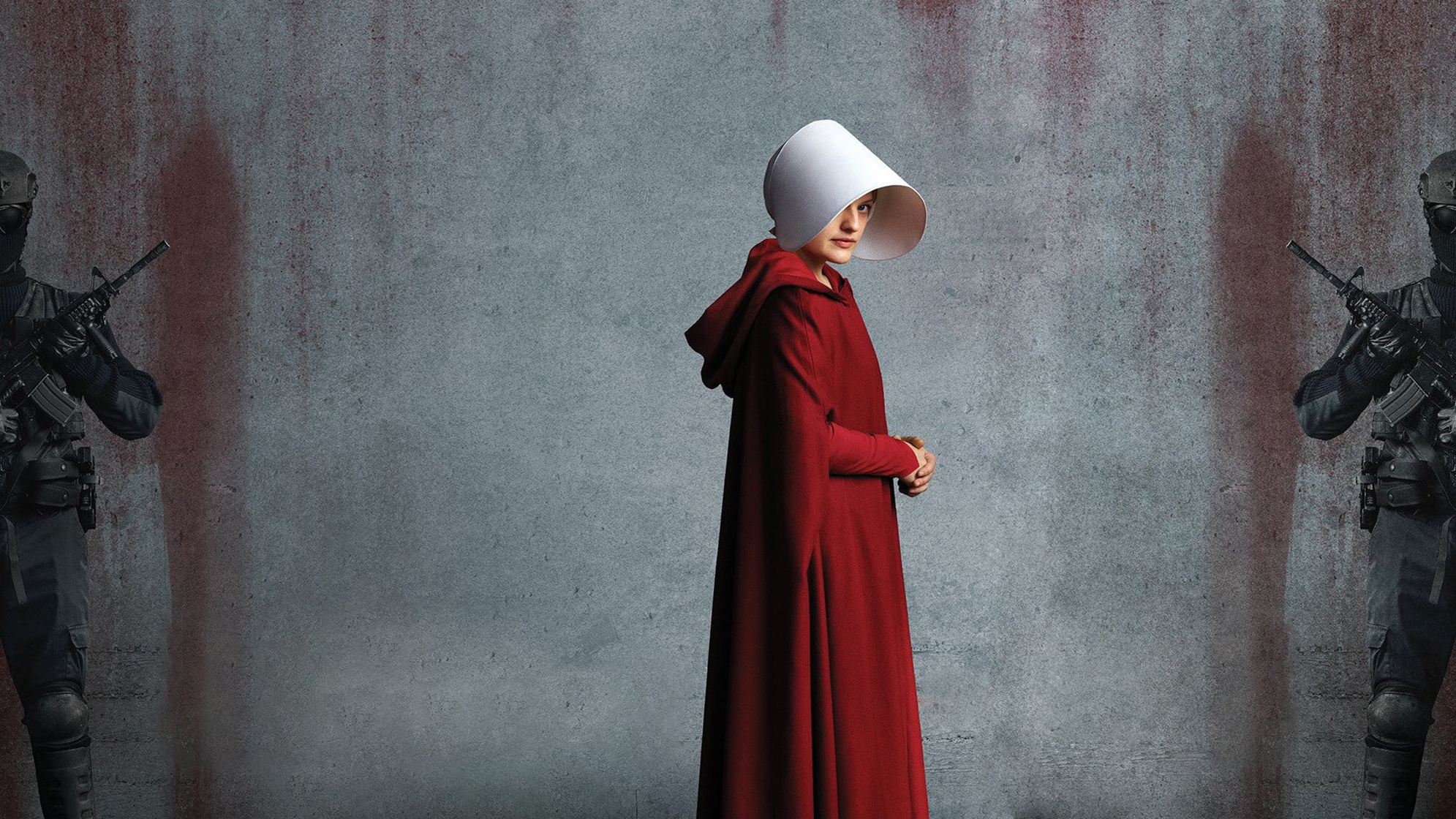The Handmaid’s Tale Finale: A Provocative Masterpiece That Defied Hollywood’s Fear of Politics

In an era where Hollywood studios and streamers shy away from politically charged storytelling—where diversity initiatives are downplayed and controversial narratives struggle for distribution—The Handmaid’s Tale stood defiant.
Hulu’s critically acclaimed dystopian drama, which aired its final episode this week, never flinched from its unapologetically political core. Based on Margaret Atwood’s 1985 novel, the series depicted a nightmarish America reborn as Gilead, a theocratic dictatorship where women are stripped of autonomy, reduced to reproductive vessels, and crushed under the weight of extremist ideology.

But The Handmaid’s Tale wasn’t just fiction—it was a mirror. And as the real world lurched toward authoritarianism, misogyny, and the erosion of reproductive rights, the show’s chilling prophecy felt less like speculative fiction and more like a warning.
A Show That Arrived at the Perfect (or Perfectly Awful) Time
When production began in 2016, the cast and crew assumed Hillary Clinton would be the first female president. Then Donald Trump won.
Overnight, the show’s themes of oppression, systemic misogyny, and creeping fascism took on terrifying new relevance. The 2017 premiere ignited a cultural firestorm, with protesters adopting the show’s iconic red robes and white bonnets as symbols of resistance.
“We’re on a very, very slippery slope toward Gilead,” executive producer Warren Littlefield warned in 2019.
Five years later, that slope has only steepened.

A Final Season That Refused to Look Away
As the series wrapped, real-world parallels loomed larger than ever. The Supreme Court’s overturning of Roe v. Wade in 2022 injected a fresh urgency into the show’s narrative. Elisabeth Moss, the show’s relentless lead, acknowledged the grim synchronicity: “The only way we’ve ever made this show was to have this sense of immediacy and relevancy that is not pleasant but is definitely galvanizing.”
The final season, airing amid another Trump-Biden election cycle, forced viewers to confront an uncomfortable question: How far are we from Gilead?
Critics noted the show’s eerie timing—The Hollywood Reporter called it “perfectly awful.” Showrunner Yahlin Chang admitted the series may have “failed” as a cautionary tale, given how many of its dystopian elements have inched toward reality. “It’s shocking to me,” she said, “when I think about when I joined the show, I had more rights as a woman than I have now.”

A Legacy of Defiance—And a Sequel on the Horizon
Despite its bleak premise, The Handmaid’s Tale ultimately delivered a message of resistance. The finale, while harrowing, offered glimmers of hope—a reminder that oppression can be fought. “Don’t give up the fight,” Littlefield emphasized.
Now, the team is shifting focus to The Testaments, a sequel series set 15 years later. The question isn’t just whether audiences will return—it’s whether Hollywood still has the stomach for stories this politically charged.
In a media landscape that often prioritizes escapism over substance, The Handmaid’s Tale dared to be urgent, uncomfortable, and necessary. It didn’t just entertain—it provoked. It didn’t just tell a story—it screamed a warning.
And in doing so, it proved that the most powerful art doesn’t just reflect the world—it challenges us to change it.




